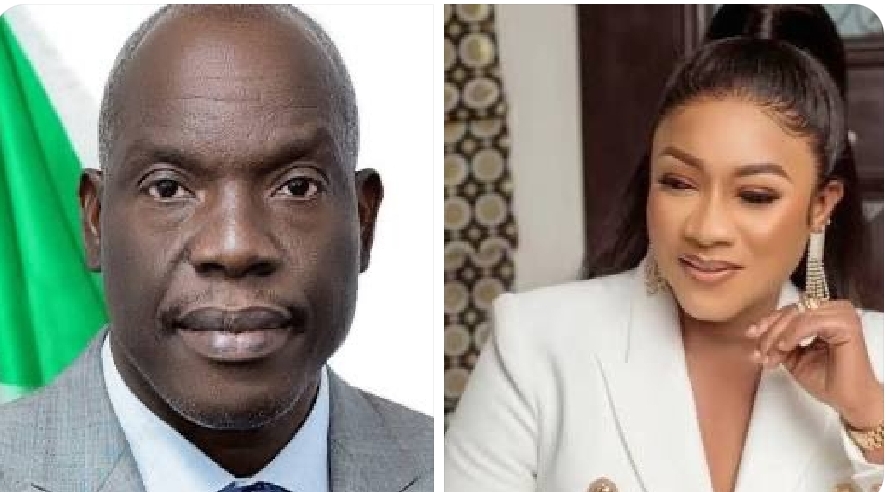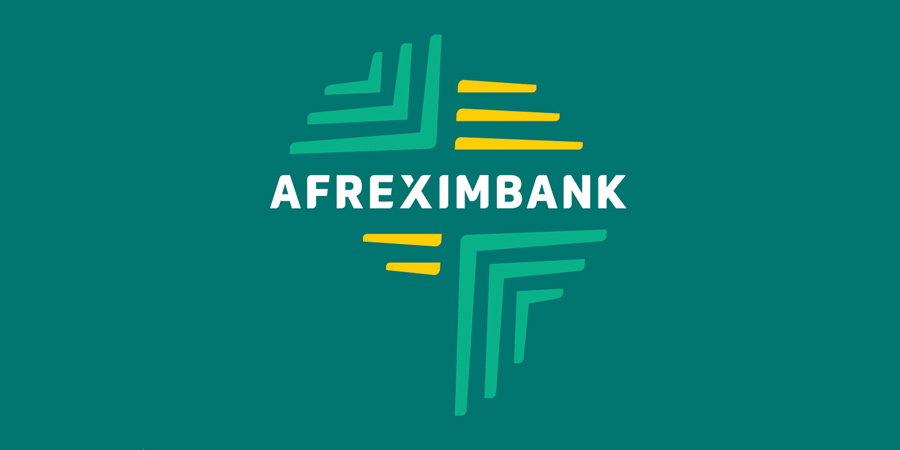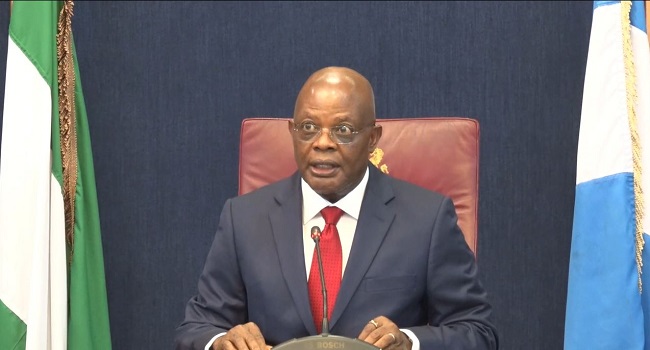Gbenga Komolafe, the pioneer Chief Executive Officer of the Nigerian Upstream Petroleum Regulatory Commission (NUPRC), is at the center of a $5 million oil block scandal involving fugitive businesswoman Aisha Achimugu. The deal, insiders allege, highlights the deep-rooted corruption crippling Nigeria’s most vital sector — oil.
Achimugu, declared wanted by the Economic and Financial Crimes Commission (EFCC) over money laundering and a high-profile investment scam, reportedly partnered with Komolafe in a transaction that exemplifies the monetization of regulatory power.
Multiple credible sources allege that Komolafe facilitated the oil block allocation under the guise of “strategic partnership encouragement” — a euphemism often used to mask illicit financial transactions. Achimugu, known for her growing influence in Nigeria’s oil and gas industry, allegedly secured preferential access to a lucrative oil block shortly after the transfer of $5 million.
The transaction, according to insiders, was carefully arranged through intermediaries to avoid direct links. Yet, unease over the process is intensifying among oil industry professionals and political insiders.
A senior NUPRC official, speaking anonymously, remarked, “This isn’t an isolated case. Komolafe has transformed oil block awards into a cash-and-carry business.”
Despite mounting concerns, Komolafe reportedly boasts of his immunity from removal, attributing it to alleged financial contributions made directly to the Presidential Villa.
“They can’t remove me,” he allegedly told associates. “I deliver money directly to the Villa.”
Insiders say Komolafe’s political entrenchment is fortified through regular financial deliveries to top aides at the Presidency — a strategy that has, so far, shielded him from probes or disciplinary actions.
Industry observers highlight a worrying pattern: oil blocks awarded not by merit or capacity, but by political or financial connections. An executive whose firm lost out on a major bid described the process as “rigged for those who pay.”
Analysts warn that corruption at the regulatory level undermines the spirit and letter of the Petroleum Industry Act (PIA) 2021 — a landmark legislation meant to bring transparency and fairness to the sector.
“When regulators become merchants, the system collapses,” said a policy analyst specializing in extractive industries. “If these allegations are true, Komolafe has eroded the very foundations the PIA aimed to reinforce.”
The Achimugu affair is reportedly just one strand in a much larger web. Several politically connected companies are said to have received favorable oil block allocations after clandestine negotiations and financial settlements. In one case, a block previously awarded to a consortium of indigenous firms was reassigned to a company tied to a former governor.
Sources claim Komolafe operates through trusted proxies who handle discussions and payments, insulating him while ensuring he benefits from the outcomes.
The fallout is immense: investor confidence has plummeted. Major players, wary of Nigeria’s opaque regulatory environment, are redirecting investments to more transparent African markets. The economy, in turn, loses billions annually due to delayed projects, litigation, and disputes caused by compromised regulatory decisions.
Komolafe’s current predicament mirrors past controversies. As General Manager of Operations at the Petroleum Products Pricing Regulatory Agency (PPPRA), he was named in a Premium Times investigation into the fuel subsidy fraud under former Petroleum Minister Diezani Alison-Madueke.
It was reportedly his operational template that enabled the smuggling of empty ships into Nigeria while fraudulent subsidy claims were made for undelivered fuel. Komolafe allegedly took a 30% cut from these sham deals.
Under President Buhari’s administration, Komolafe, then serving as Group General Manager for Crude Oil Marketing at NNPC, fled the country amid growing investigations. He later returned quietly.
A Federal High Court in Lagos ordered the permanent forfeiture of N7.6 billion — suspected to be proceeds of corruption laundered through Komolafe — to the Nigerian government. According to the EFCC, this was money traced back to the infamous Diezani network.
In court testimony, Komolafe admitted to delivering 12 padlocked bags containing $70 million to an Abuja-based banker named Charles on Diezani’s orders. The bags were dropped off in front of Dume Supermarket, Abuja.
He told the court: “Shortly before the 2015 elections, the then Minister gave me a number to call and instructed me to deliver 12 padlocked bags. I called Charles, and he confirmed he was briefed. I delivered the bags. Later, during EFCC interrogations, he confirmed receiving the $70 million.”
During his time at PPPRA, Komolafe reportedly demanded $8 per metric tonne from marketers seeking import licenses — effectively installing a bribery toll gate. He controlled access to subsidy allocations, turning public processes into private revenue streams.
Sources revealed that payments flowed from marketers to PPPRA officials, then to Komolafe’s bagmen, including one Mr. Rufai, before reaching Diezani’s inner circle.
Far from a passive participant, Komolafe was described as a key architect of this system — personally dictating bribe demands or assigning subordinates to collect them. His methods showed a consistent pattern of monetizing public office for private enrichment.
These systemic abuses undermine Nigeria’s global competitiveness. Foreign investors increasingly favor African countries with cleaner governance. Indigenous firms without political backing are sidelined. The message is clear: integrity doesn’t win contracts — connections and cash do.
This not only stifles innovation but also exacerbates inequality, discourages entrepreneurship, and widens the poverty gap.
For a nation grappling with economic instability, high unemployment, and dilapidated infrastructure, continued corruption in its most lucrative sector is a national emergency. Oil wealth is siphoned by the few while millions languish.
Restoring credibility at agencies like the NUPRC is critical. Without decisive action against figures like Komolafe, public service will continue to be viewed as a gateway to self-enrichment rather than a duty of stewardship.
Civil society groups and the media are ramping up pressure. Letters have been sent to the EFCC and ICPC demanding a full investigation. Yet, skepticism remains: can a system allegedly compromised at the highest levels police itself?
“If Komolafe is truly untouchable, then both our democracy and economy are at risk,” warned a senior figure at the Nigeria Extractive Industries Transparency Initiative (NEITI).




